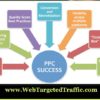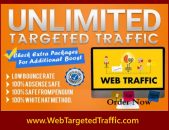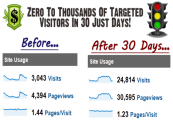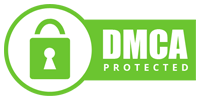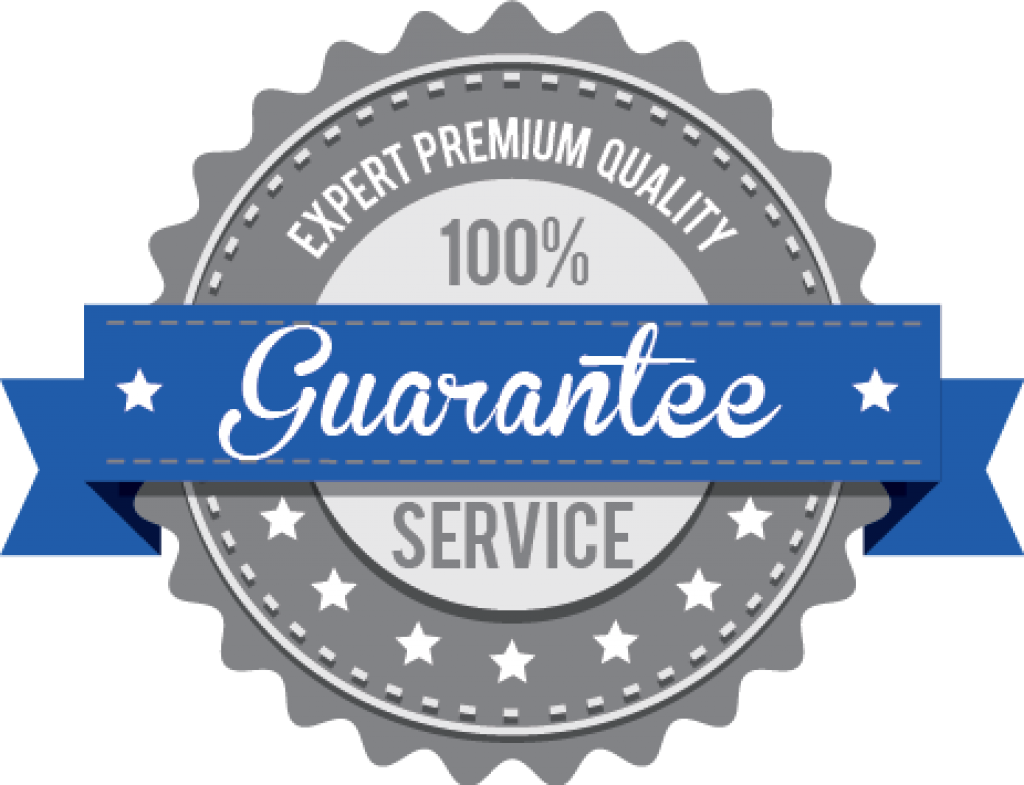
How to Choose the Right Keywords for SEO
Keywords and search phrases are the fuel for getting the right customer to your website. The Internet relies on information. That information is structured and sorted based on topics or key word phrases that best describe the information. When you adopt key words and search phrases in your content and search marketing, you are better able to position your site competitively. This is the benefit of spending time developing your target keywords and search phrases
Table of Contents
#1 Search phrases help you attain new customers and clients.
When your site shows on the first page of search results, you will get visitors to you website. Each site visitor is a potential customer client. Therefore, search phrases are directly related to your bottom line.
#2 Keywords allow you to target for faster results.
There’s a good deal of competition. But when you narrow your focus and target particular keywords and search phrases, you can concentrate on appealing to a smaller target audience. This makes you the big fish in a small pond. This often results in faster ranking results than competing for highly competitive key words.
#3 Keywords and search phrases allow you to learn about your prospects and audience.
Keyword research will help you learn exactly what your audience is seeking. Entering your keywords or keyword phrase into a keyword research tool will mostl likely generate other relevant keyword phrases. By spending time reviewing the complete list of keywords, you can start to learn exactly what your prospects are trying to find.
#4 Keywords phrases help you arrange content in an effective and meaningful manner.
When you prioritize search phrases or keywords, you can use them to organize your site navigation tier by tier. You can use them for pages, posts, categories, tags, and more.
#5 Keyword Research will help you focus on producing content your market values.
Keywords offer content and topic ideas. Simple keyword research will create potentially hundreds of articles ideas.
But not only should you understand how SEO has changed, you should also recognize the danger in continuing to implement outdated SEO tactics that no longer work the way they did a few years ago. These techniques are really just a waste of your time and your money.
Here are 3 major ways the SEO game has changed:
1. Authority over SEO
PageRank isn’t dead—but it went from being the top determinant for your ranking to one of over 200 metrics used by Hummingbird to determine your ranking. Now there are tons of metrics that, taken together, help Google determine your page authority. They weigh inbound links, outbound links, social media shares, content quality, site design, ease of use, etc.
All of these metrics are really just measuring your worthiness as a thought leader. If you’re up to snuff, so to speak. And SEO matters insofar as other authorities will have search engine optimized pages. If you don’t, you’re already behind in the race.
2. Keyword Placement over Frequency
So it’s important to know that SEO does still matter—to a degree. For example, it’s still very important that your longtail keyword shows up in your page title, URL, subheaders, image descriptions, meta descriptions, etc. In other words, keyword placement is still important.
But frequency is not. You definitely don’t need to repeat a keyword at least 7 times in the body copy anymore. This is a ploy that no longer works. And as any writer will tell you, it often makes the writing worse and less enjoyable to read.
3. Semantic Search over Long and Short-Tail Keywords
We’ve heard the terms “long tail” and “short tail” keyword since 2004, when Chris Anderson coined them in a Wired article. And we all know that long tail keywords—keyword phrases longer than three words—are better than short tail keywords because they target more specific search queries and help target your niche better.
Except, how true is that really after Hummingbird? Today, Google uses something called semantic search to tease out the meaning behind your words.
Here’s an example of how it works:
Let’s say that you have a great website site for your organic, fair trade cafe in Williamsburg. Let’s also presume that you never use the words “affordable coffee” in your content (because you don’t want people to feel like your offerings are cheap). Except your coffee is affordable—in fact, given your expenses, you could charge a lot more. And you do list your prices, so you hope customers can figure it out on their own.
Assuming you have decent monthly views, if a potential visitor were to type “organic, cheap coffee in Williamsburg”, your site would likely pop up in the top search results. Google would be able to determine on its own that your cafe also fits the “cheap” qualifier, and that potential visitor would probably be browsing your site in a few seconds flat.
What SEO Will Look Like in the Future
It’s safe to say that keywords won’t disappear anytime soon. But make no mistake—things aren’t looking great for traditional SEO marketers.
In all likelihood SEO marketing as we know it will eventually disappear. In fact, given Google’s dislike of any sort of search engine gaming, it’s entirely possible that one day semantic search will be so powerful that you can be SEO ignorant and keyword insensitive and still rank high for your target search queries based entirely on other measures of page authority.
Finding keyword search phrases is a matter of research. Utilize keyword research tools. Install and review analytics. Pay attention to trends. Participate on social networking sites and other blogs and websites. The more you integrate keywords into your overall business strategies, the more success you’ll achieve.
Your goal in ranking on search engines is to drive organic traffic to your site from the search engine result pages (SERPs), and the keywords you choose to target (meaning, among other things, the ones you choose to include in your content) will determine what kind of traffic you get.
 Our guaranteed traffic advertising packages offer a distinctive advantage over traditional banner campaigns. Most banner advertising runs at least $10 per 1000 banner impressions, with a average click thru rate of 1%. This means you would receive about 10 visitors per 1000 displays of your banner, which averages $1 per visitor to your site using this marketing approach. This is 100 times the cost of acquiring a visitor to your site utilizing our guaranteed visitor services. For every $10 you spend with us, you will receive at least 2,500 visitors to your site. On larger campaigns, we will deliver as much as 10,000 visitors for every $10 you allocate to marketing. You can get started with us for as little as $2.75 per 1,000 guaranteed visitors. So what are you waiting for?
Our guaranteed traffic advertising packages offer a distinctive advantage over traditional banner campaigns. Most banner advertising runs at least $10 per 1000 banner impressions, with a average click thru rate of 1%. This means you would receive about 10 visitors per 1000 displays of your banner, which averages $1 per visitor to your site using this marketing approach. This is 100 times the cost of acquiring a visitor to your site utilizing our guaranteed visitor services. For every $10 you spend with us, you will receive at least 2,500 visitors to your site. On larger campaigns, we will deliver as much as 10,000 visitors for every $10 you allocate to marketing. You can get started with us for as little as $2.75 per 1,000 guaranteed visitors. So what are you waiting for?
We are one of the largest and most established web advertising companies in existence. We have been proudly serving clients since 1995 and continue to provide high quality advertising services for thousands of clients each year. Rest assured that we can and will deliver the highest quality traffic to your web site.
Establish your web presence today with the most affordable marketing packages available on the Internet. In 24 hours or less we can have a steady flow of genuine prospects landing directly on your web site….Guaranteed!
So what are you waiting for? Choose your traffic package today and let us boost your business by sending thousands of real, unique visitors to your website.


